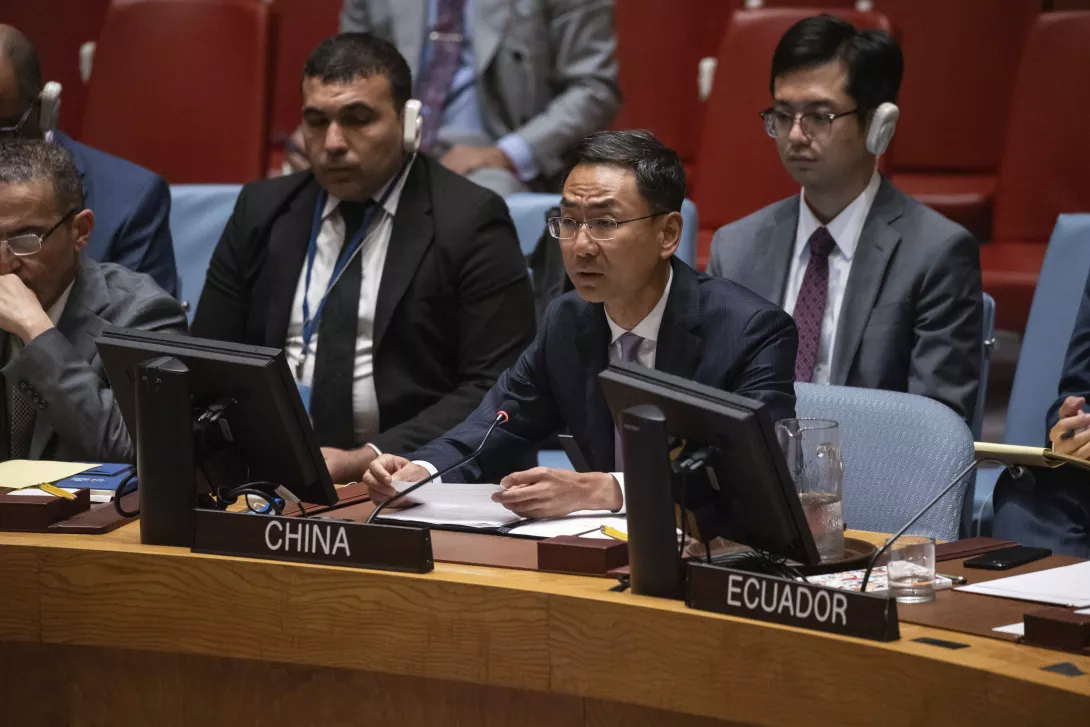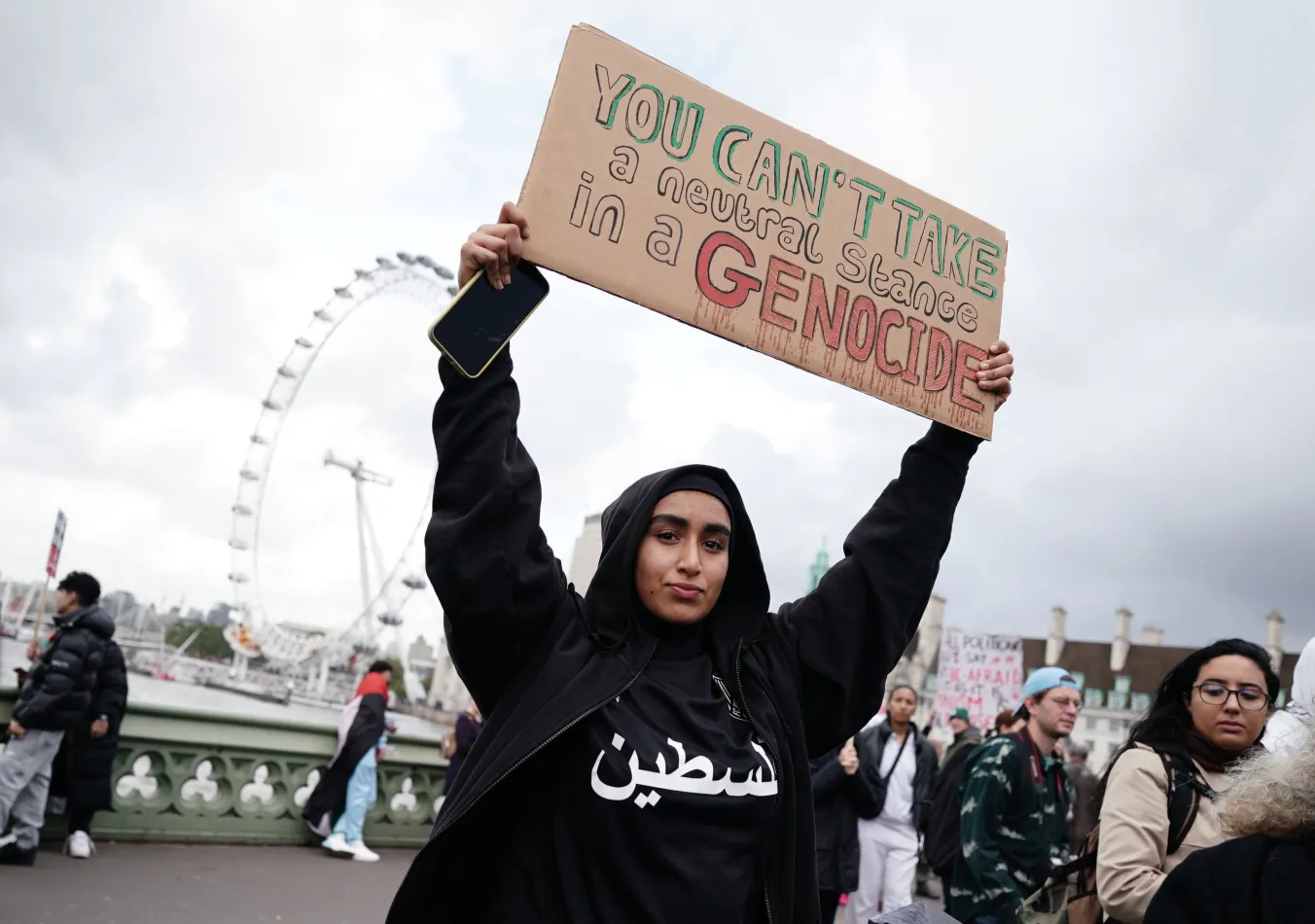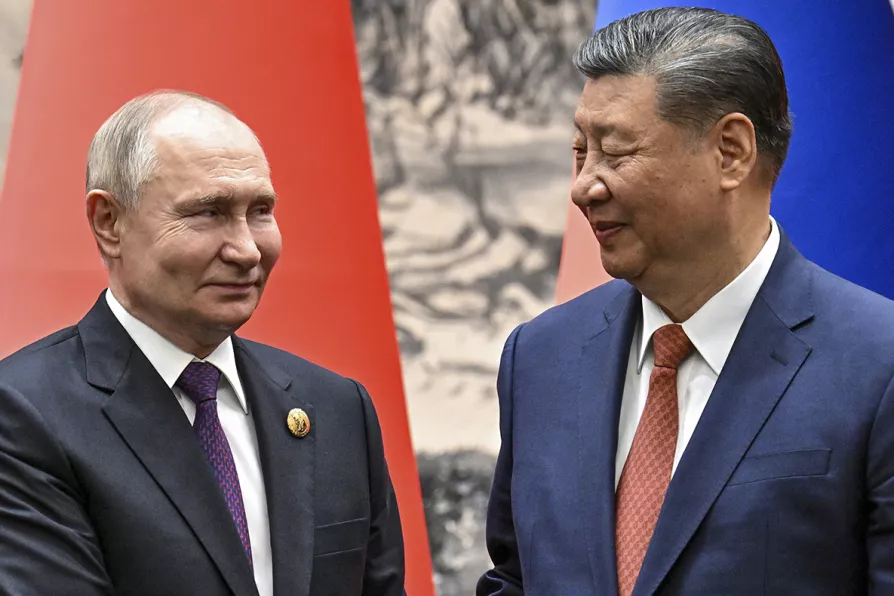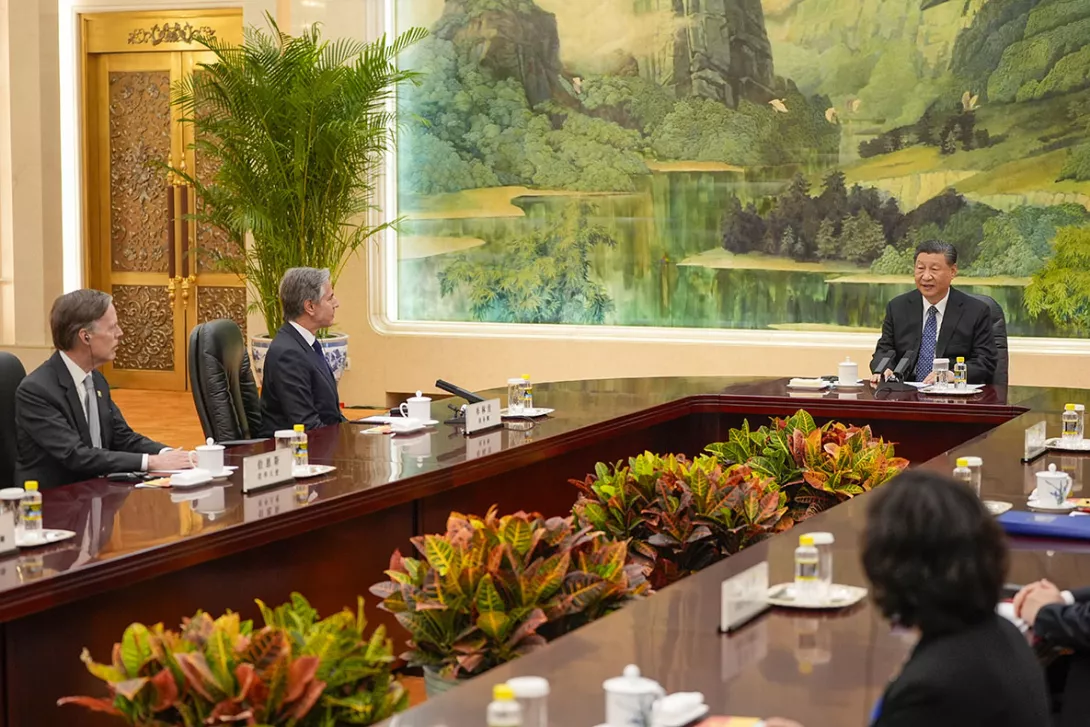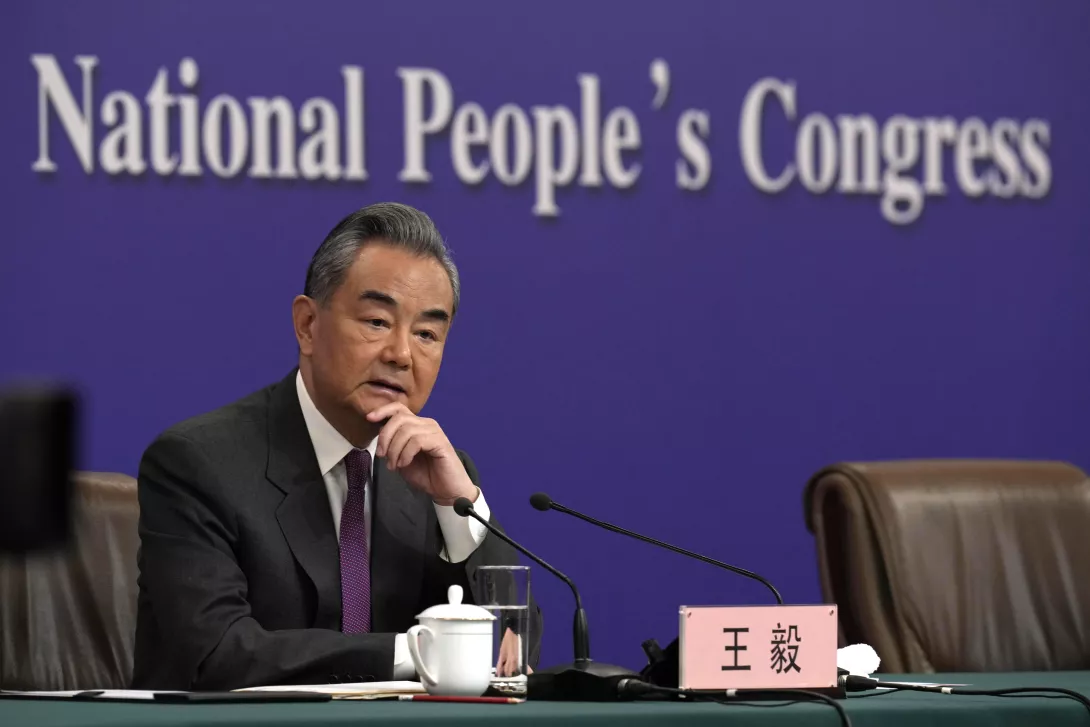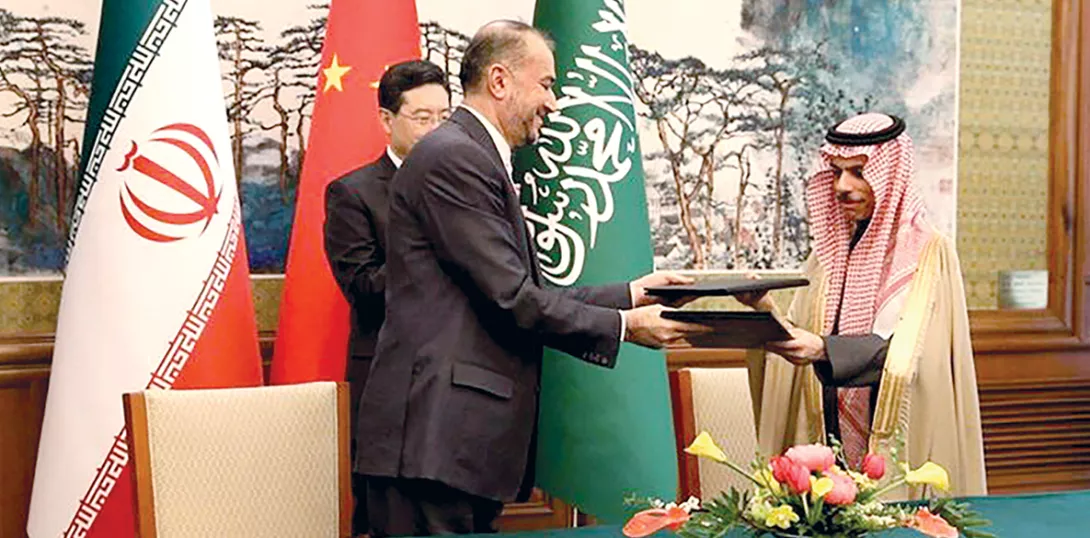
CHINA’S top diplomat Wang Yi, director of the Office of the Central Commission for Foreign Affairs, launched the concept paper for Beijing’s Global Security Initiative (GSI) in 2023, laying out a series of pragmatic measures to address pressing global security challenges.
The occasion he chose for this highly symbolic act was the Munich Security Conference (MSC), dubbed the “Davos of defence.”
This is no coincidence: the MSC was founded in 1963 at the peak of the Cold War, which saw rivalry between the West and Soviet Union-led security blocks. Now, Munich is a city where high-level officials, diplomats, and military personnel – mostly from the West – come together; without having struck barely any deals over the years.
China’s presence at the annual event, as the world’s largest developing country, dates to 2010, giving the MSC an international character so that it does not appear to be just a meeting for European leaders and military personnel dominated by Western nations.
At the same time, the conference has witnessed China’s transition from a silent power to an internationally influential rising star.
This year, Wang Yi will be attending the conference and is expected to present Beijing’s position on international security issues, promoting the value of China’s proposed Global Security Initiative and advancing the comprehensive, co-operative, and sustainable proposal as the fundamental solution to security dilemmas in the world at large, as it has been doing since the outbreak of the Ukraine crisis.
One of the country’s major international victories, which reveals China’s capacity as a global peacemaker, was China’s effort to help re-establish diplomatic relations between Saudi Arabia and Iran in March 2023.
As an international affairs reporter for CGTN, I witnessed the signing of the trilateral agreements in Beijing and asked Wang Yi how he feels about Beijing’s diplomatic win. He said it reflects successful practice for the strong implementation of the Global Security Initiative.
What is the Global Security Initiative?
Since it was proposed by Chinese President Xi Jinping in 2022, Beijing says, the Global Security Initiative will adapt to changing international landscapes by addressing traditional and non-traditional security risks and challenges with a win-win mindset.
It aims to provide a new path to solve security issues that chooses dialogue over confrontation, partnership over alliance, and win-win results over zero-sum games.
One year on, a more detailed concept paper on the GSI was released to elaborate on the “six commitments.” These commitments consolidate the basic norms of modern China’s foreign policy, as codified in the Five Principles of Peaceful Coexistence.
Unlike the United States’ security agenda, both in its principle and practice, China projects an alternative model — it has established itself as a partner mostly with a hands-off approach with regard to other countries’ domestic politics.
It was demonstrated in February 2023, when Beijing released its Position on the Political Settlement of the Ukraine Crisis, a “peace plan” which accommodates the legitimate concerns of all parties to the conflict.
The document creates common ground for an international community seeking an end to the Ukraine crisis.
China aims to play a constructive role in easing spillover from the crisis and promoting a political settlement – a very important contribution, according to the UN secretary-general’s spokesman Stephane Dujarric.
Less than one month later, China brought Saudi Arabia and Iran to the negotiation table in Beijing and eventually achieved a rapprochement between the decades-long foes.
“China’s role is indispensable; many countries can broker a deal of all kinds; however, there are only a few countries in the world with enough historical breadth and width, with enough political, geopolitical, and military and economic impact, to serve as a guarantor of brokered amicable relations between two major countries,” said Victor Gao, chair professor at Soochow University.
Beijing has also offered proposals towards “a just and lasting solution to the Palestine issue.” President Xi Jinping has reiterated Beijing’s support for the Palestinians’ quest for statehood.
“The crux of the Palestinian-Israeli conflict lies in the delay in the realisation of the legitimate national rights of the Palestinian people to establish an independent state,” President Xi said in a message to a conference commemorating the United Nations International Day of Solidarity with the Palestinian People in November last year.
“The bitter lessons of the cycle of the Palestinian-Israeli conflict fully demonstrate that only by upholding the concept of common security can sustainable security be achieved,” wrote Xi.
How will the world benefit from the GSI with Chinese characteristics?
The key to China’s plan is to start with projects and contracts in developing countries — the global South.
For the first time ever, China exported more in the early part of this year to the developing world, represented by the countries that make up the Belt and Road Initiative, than it did to the US, the European Union and Japan combined, according to data released by the China Council for the Promotion of International Trade.
China has contributed more than 50,000 United Nations peacekeepers, ranking first among the permanent members of the UN security council.
More than 2.2 billion doses of Covid-19 vaccine have been provided to over 120 countries and international organisations since the outbreak of Covid-19.
How much will the GSI achieve in the MSC 2024 (February 16-18)?
Last year, the Munich Security Conference failed to achieve any Western mobilisation to stop the ongoing Ukraine crisis. Up to now, there are no signs on the horizon of intentions to calm the conflict, during which Russian forces have taken control of about a fifth of Ukrainian territory, and the battles resulted in the death of tens of thousands on both sides.
Despite Wang Yi’s statements, many Western leaders remain sceptical about intentions from Beijing, while at the same time failing to achieve their own desired results.
The world is a very different place now, as President Xi said in 2021 when announcing the GSI: “China will always be a member of the family of developing countries. We will continue to do our utmost in raising the representation and voice of developing nations in the global governance system.”
Ultimately, it’s only a matter of time before the world witnesses the GSI’s evolution and its relationship to China’s broader ambitions to reform global governance.
Dong Xue is international affairs reporter for China Global Television Network (CGTN).
